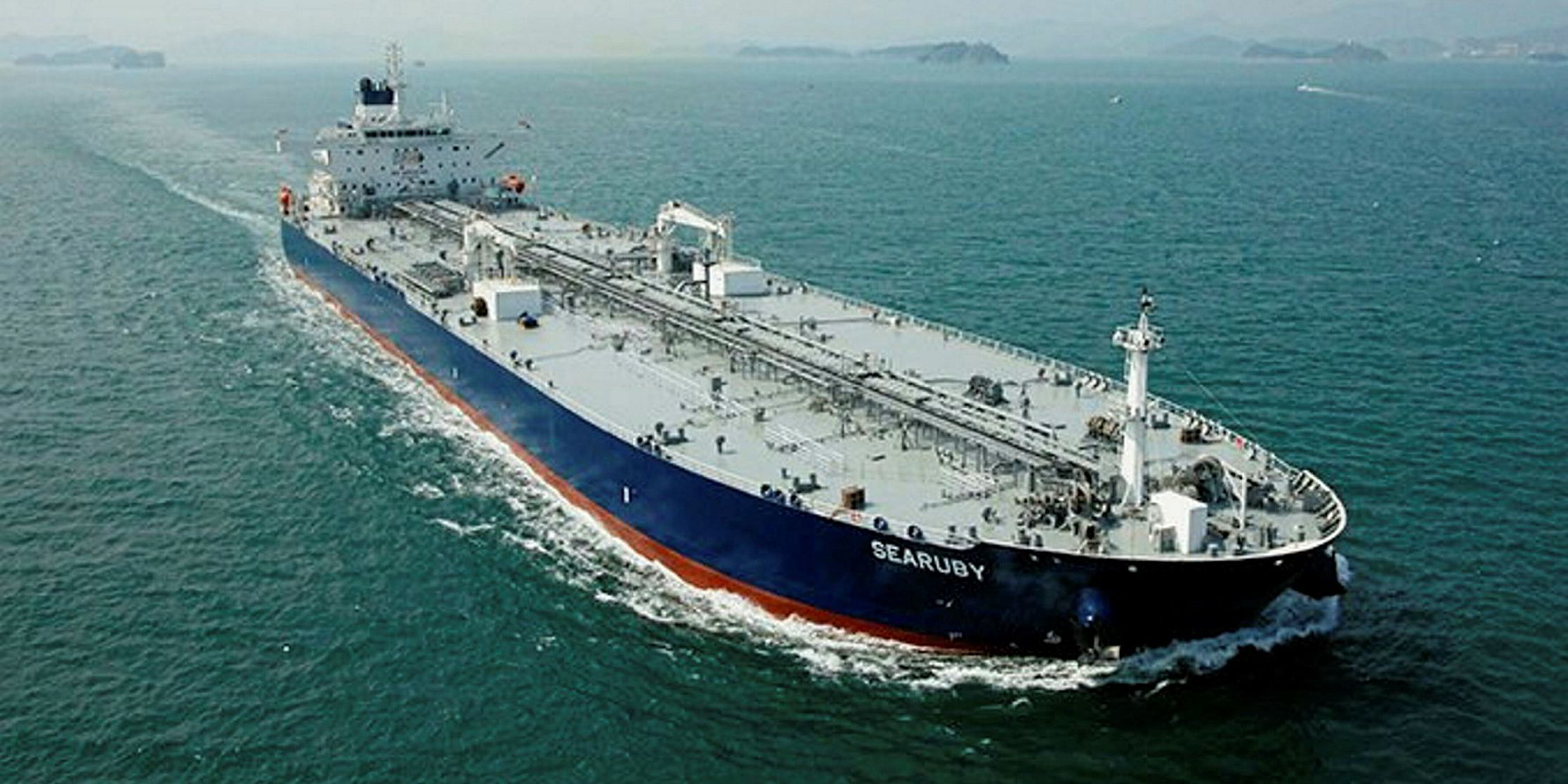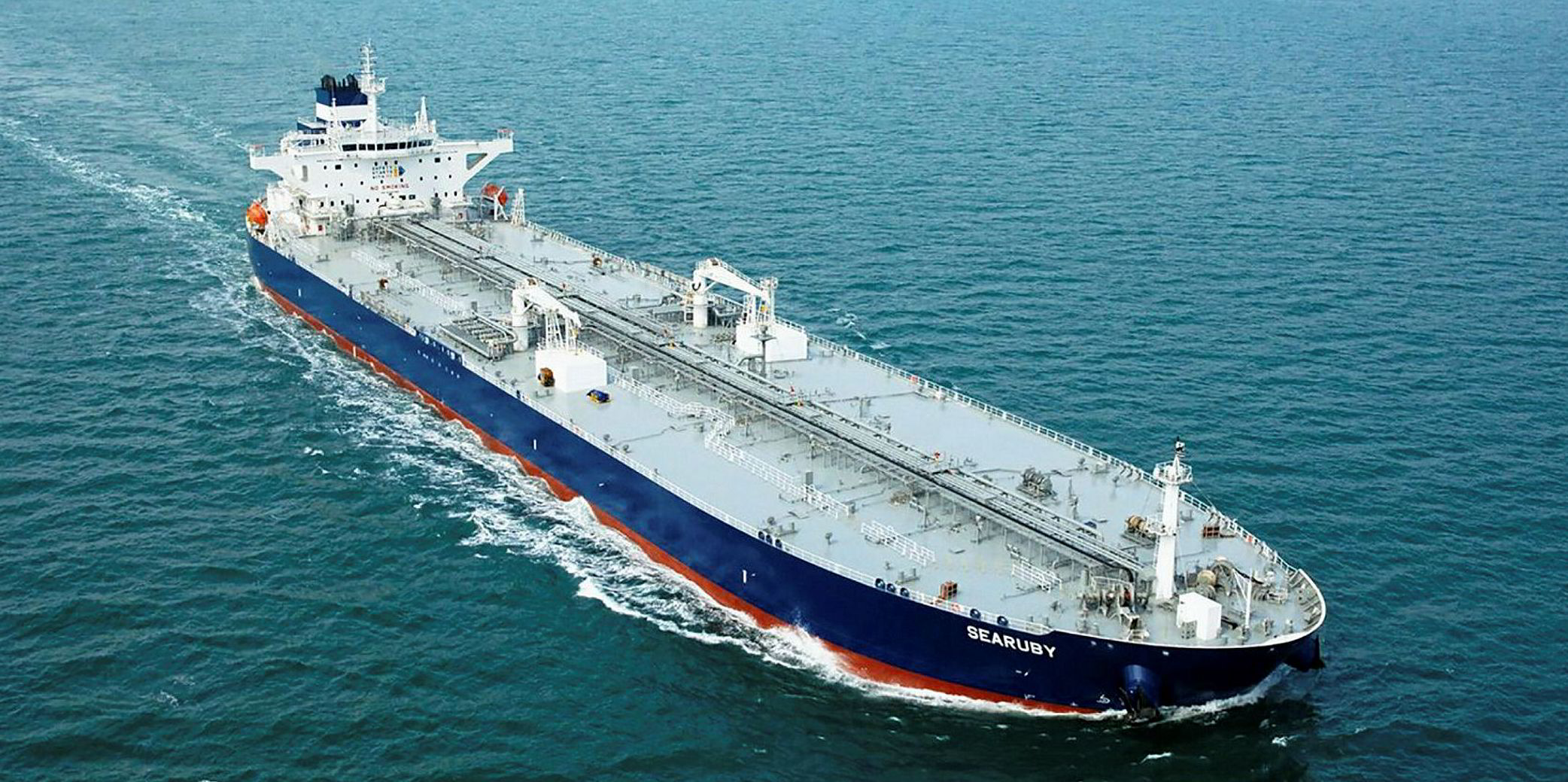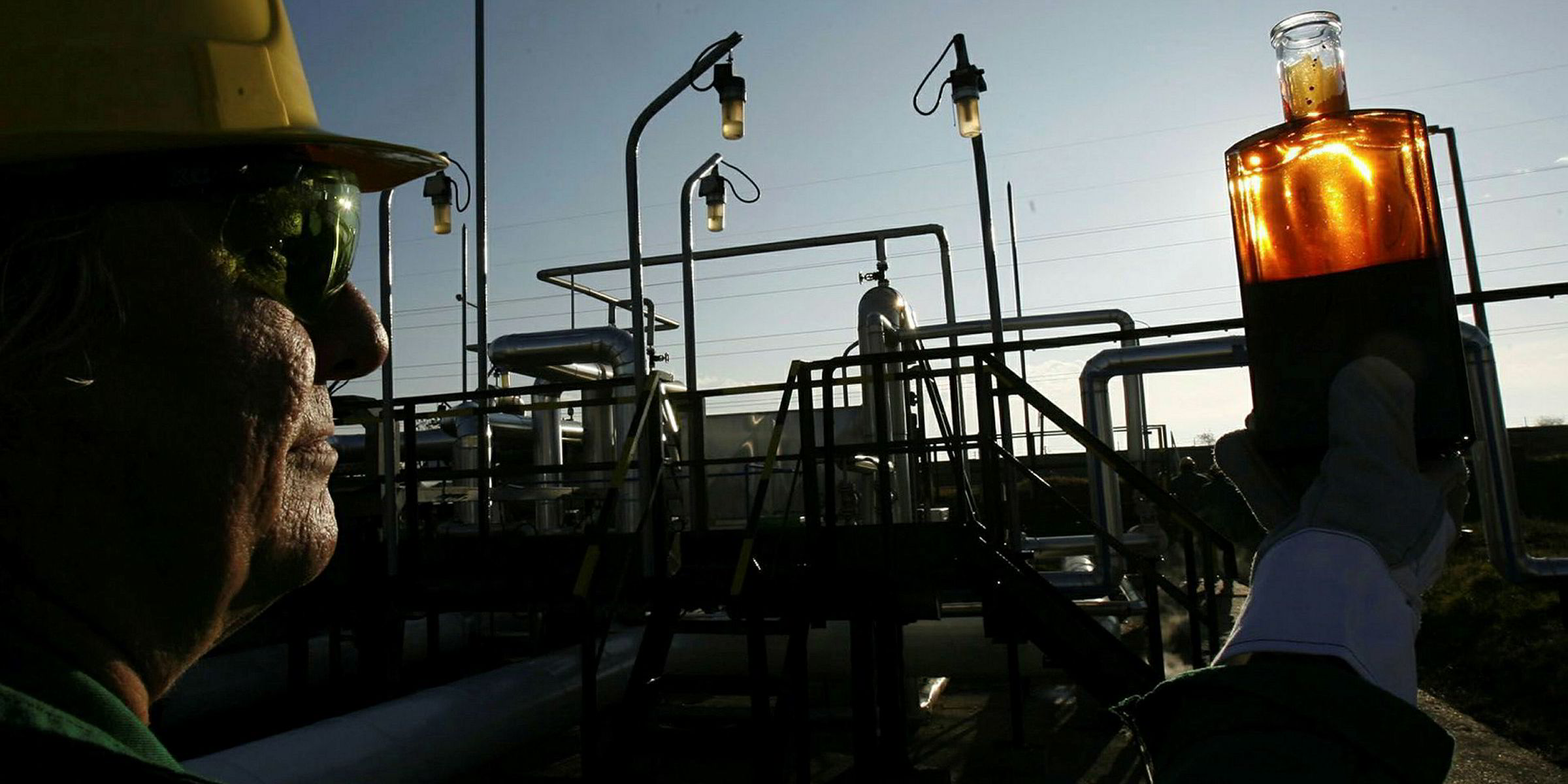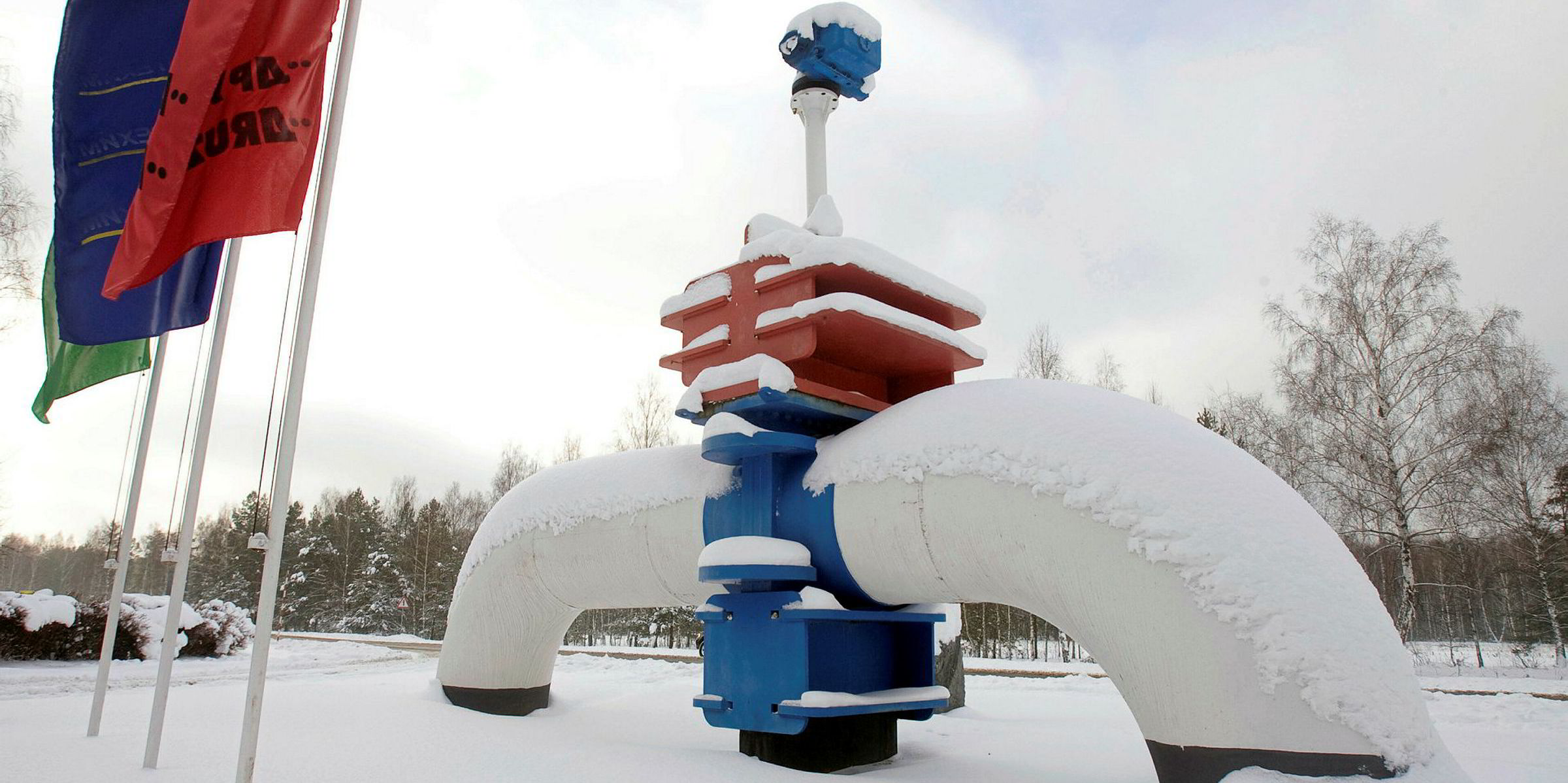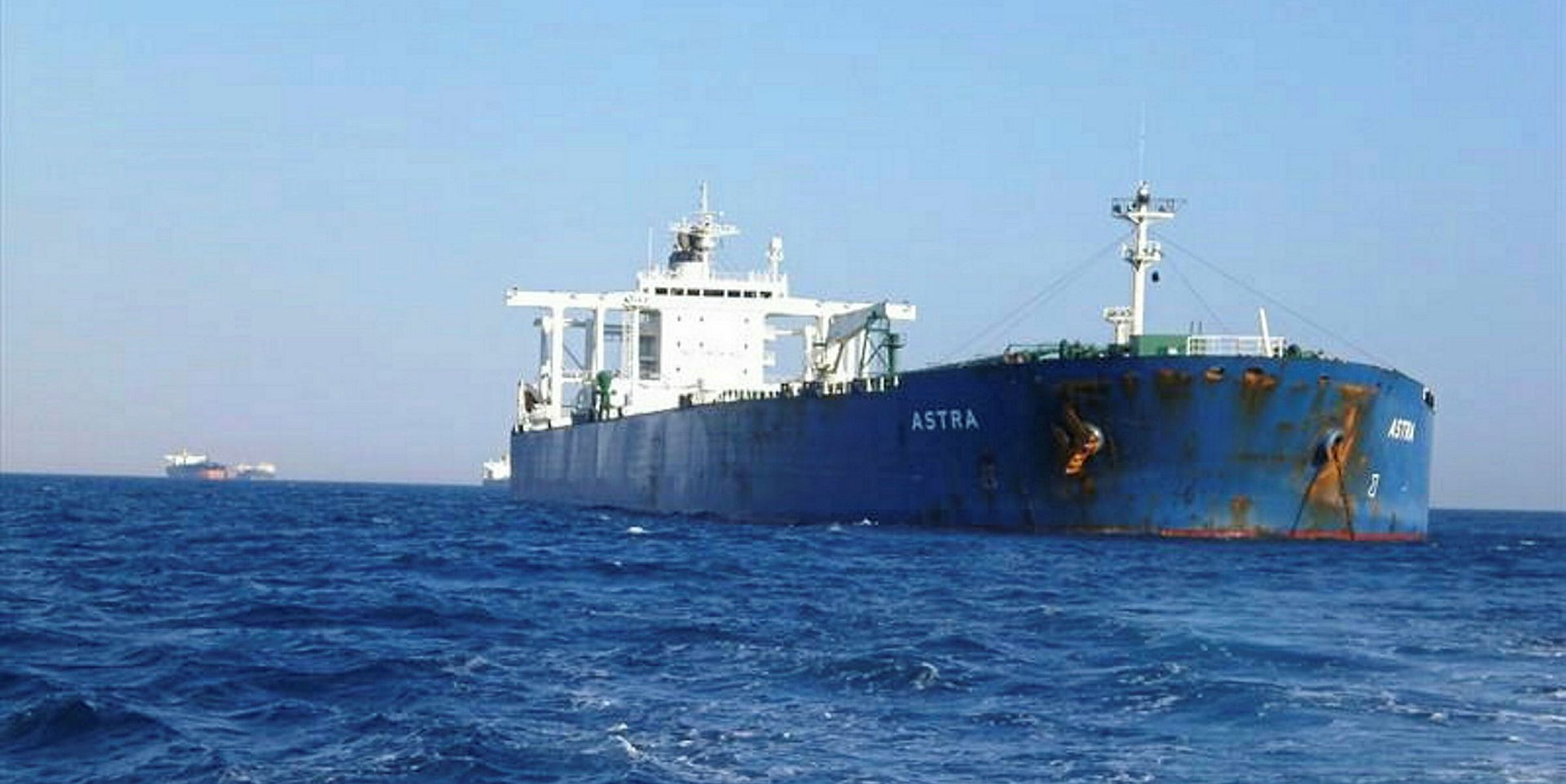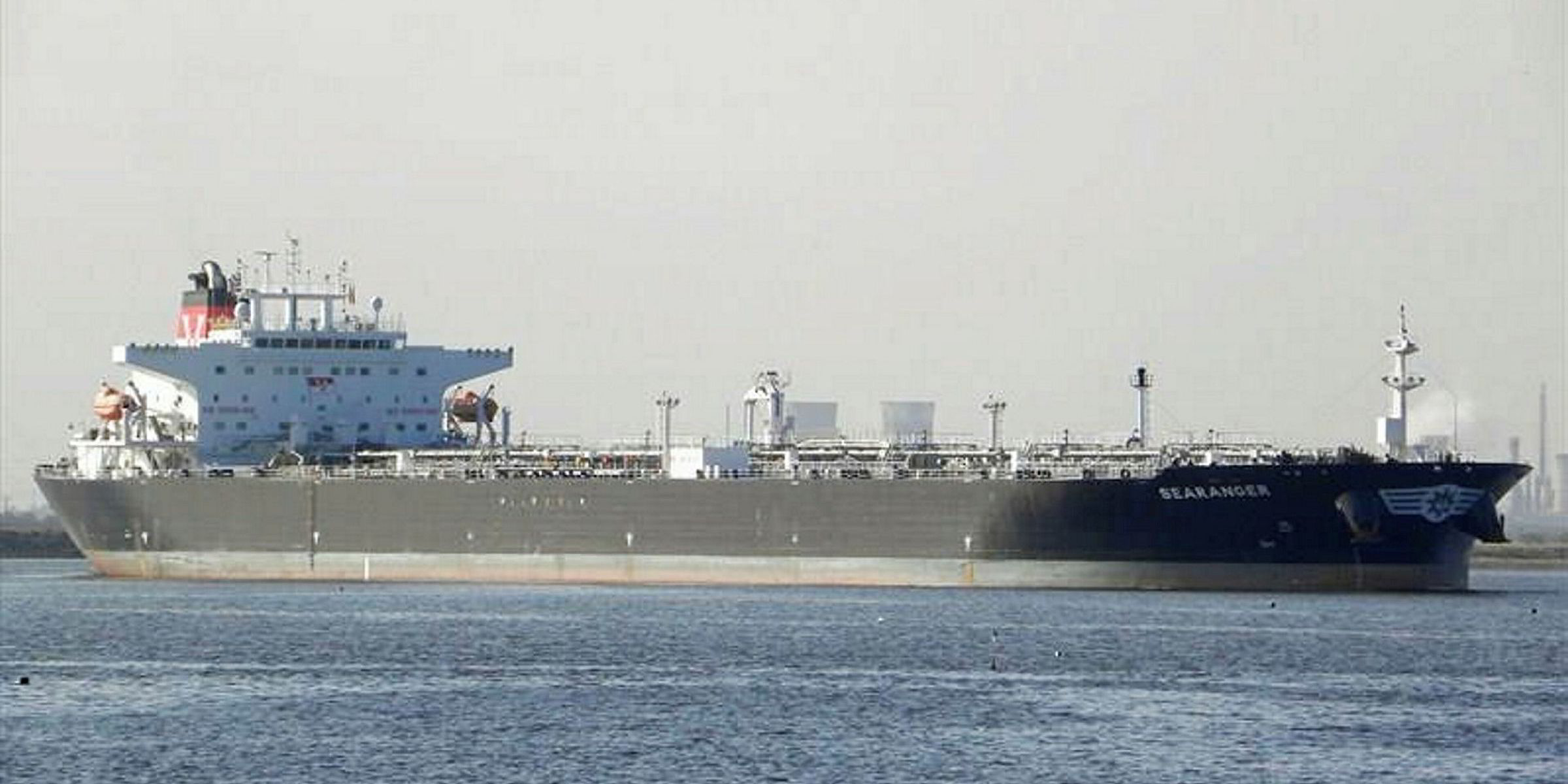Glencore and BP are struggling to sell around 600,000 tonnes of tainted Russian crude oil, leaving up to four tankers in limbo, according to reports.
Trading sources told Reuters that at least six contaminated crude cargoes from Ust Luga in Russia remain unsold and are still onboard the tankers carrying them.
Around 5 million tonnes of crude from Russia's Druzhba pipeline was found to be contaminated with organic chloride in April.
Glencore is reportedly stuck with tainted crude onboard two aframax tankers: the 114,100-dwt Searuby (built 2017), which is owned by Thenamaris; and the 109,200-dwt Searanger (built 2009), which is owned by Valles Steamship.
As TradeWinds reported in June, Socar Trading of Azerbaijan has filed a claim against Glencore Energy UK in London because it agreed to buy the 100,230-tonne cargo onboard Searuby, but the crude is off-spec.
Meanwhile, BP reportedly has a contaminated cargo onboard the 115,000-dwt aframax FSL Shanghai (built 2007), which is owned by Singapore-based First Ship Lease Trust and operated by Teekay Tankers.
Traders told Reuters that BP tried to sell the cargo in a tender earlier this month but failed.
Vessel in question
Reuters also claims Glencore has a tainted cargo onboard a VLCC, but the specific vessel is in question.
The newswire names the VLCC as the 320,785-dwt Amyntas (built 2019), which is operated by Capital Ship Management of Greece.
However, AIS signals show the vessel has never called at Ust Luga — or any Baltic port — and appears to be operating normally.
Fixtures data shows that the vessel has completed at least two voyage contracts worldwide since May.
Compensation claims
BP and Glencore reportedly both bought the oil from Russian state oil major Rosneft.
Those that bought contaminated crude from Rosneft, however, cannot claim compensation until they sell the oil and can quantify their losses, sources told Reuters.
Transneft, which operates the Druzhba pipeline, has said it will pay compensation to Russian shippers of the crude, which in turn should pay compensations to overseas buyers.
But Transneft has reportedly only agreed to pay $15 per barrel in compensation — roughly a quarter of its cost — to Kazakh oil producers, whose crude was contaminated while en route to Western markets.
Sources told Reuters that they considered this level of compensation to be inadequate.
Socar Trading's claim against Glencore Energy UK is thought to be the first concerning a contaminated crude cargo from the Druzhba pipeline to be heard in an English court.
Offloading problems
Ust Luga is thought to have loaded some 15 cargoes or 1.5 million tonnes of the contaminated oil for Western buyers, according to Reuters.
The only viable way to dispose of the tainted crude is to blend it with 10 times the volume of uncontaminated oil, but refiners are wary because organic chloride can damage refining equipment.
Total previously had two tankers loaded with contaminated crude, which was discharged in Rotterdam and Lithuania for storage and blending and further refining, Reuters reports.
Vessel whereabouts
Meanwhile, the three aframaxes remain in limbo while their cargoes go unsold, AIS signals show.
The unplanned contract extensions, however, are likely generating a steady stream of revenue for their respective owners.
Searanger appears to have loaded at Ust Luga on 29 April and since then has remained fully laden.
It has repositioned off Falmouth on England's south coast, according AIS data.
FSL Shanghai is also at Falmouth, having arrived there from the Baltic in mid-August and is still fully laden, having taken on cargo at Ust Luga in early May.
Searuby has been at anchor in the Aegean since mid-May and also is still fully laden, having loaded crude at Ust Luga between 22 and 23 April.
